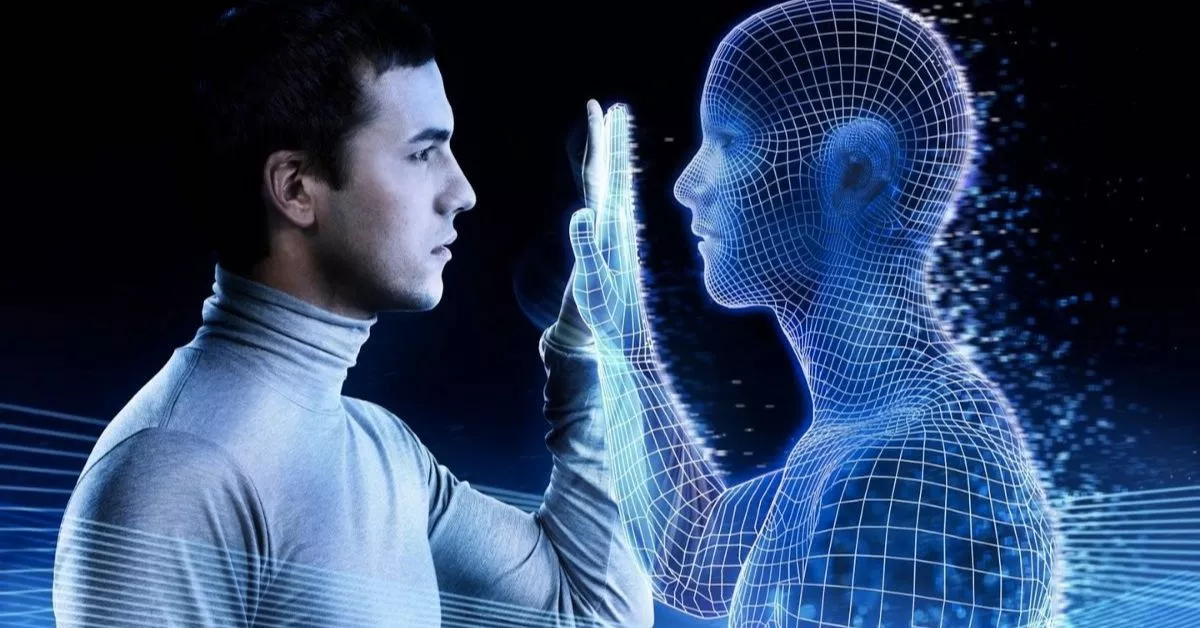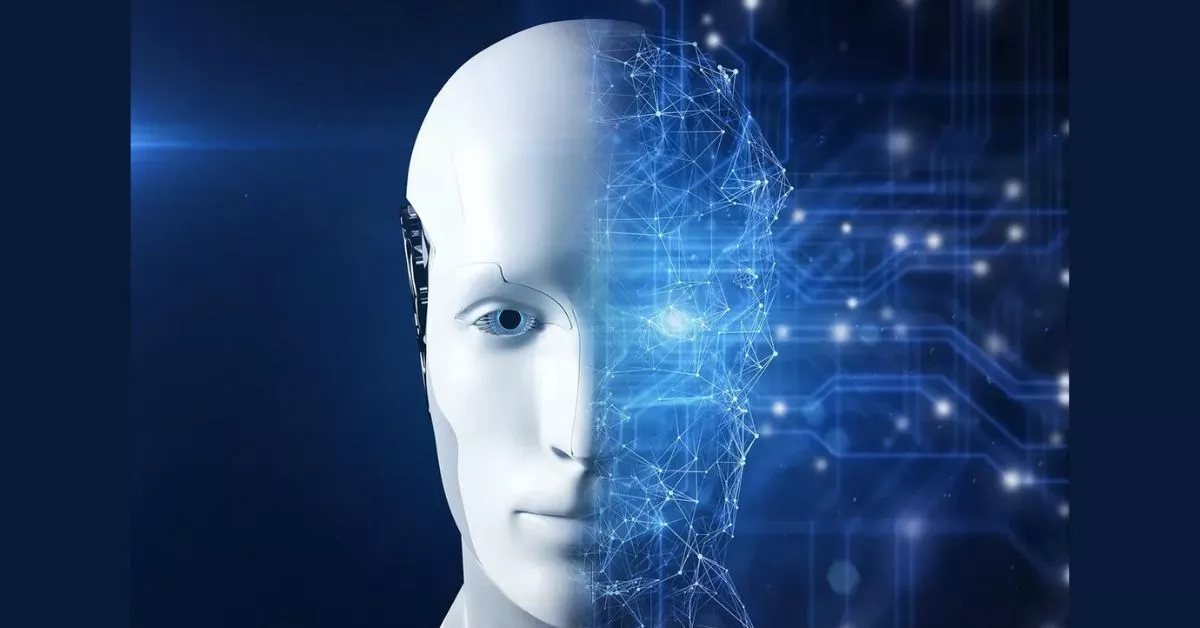The human desire to connect with loved ones who have passed away is a timeless longing. From ancient rituals to modern bereavement support groups, we have sought ways to bridge the gap between the living and the dead. Enter artificial intelligence (AI), a rapidly evolving technology with the potential to revolutionize our relationship with the deceased.
AI-powered chatbots able to mimic the personalities and speech patterns of deceased individuals are no longer the stuff of science fiction. Recent advancements in natural language processing and machine learning have allowed researchers to create virtual companions that can hold conversations remarkably similar to a deceased loved one.
But can these AI simulations offer true comfort and closure? While some find solace in the ability to interact with a virtual manifestation of their loved ones, others express concern about the ethical implications of creating such technology.

The Potential Benefits of AI-powered Communication with the Dead
Proponents of AI-powered communication with the dead argue that it can offer several potential benefits:
- Grief Support: For individuals struggling with grief, the opportunity to “talk” to their loved one and express their feelings can be immensely helpful in the grieving process.
- Preserving Memories: By capturing the mannerisms, speech patterns, and memories of the deceased, AI can help keep their spirit alive for future generations.
- Closure and Healing: Engaging in a dialogue with a virtual loved one can provide closure and help individuals find peace with their loss.
- Therapeutic Applications: AI-powered chatbots can be used in therapeutic settings to help individuals work through grief and trauma.
Ethical Concerns and Potential Risks
However, the development and use of such technology raise several ethical concerns:
- Misuse and Exploitation: There is a risk that AI-powered communication with the dead could be exploited for malicious purposes, such as financial gain or emotional manipulation.
- False Hope and Denial: Overdependence on these virtual simulations could hinder the grieving process and delay individuals from coming to terms with their loss.
- Misrepresentation and Authenticity: AI-powered chatbots cannot truly replicate the complexity of human personality and relationships, potentially leading to feelings of deception and disillusionment.
- Accessibility and Inequality: The cost and access to this technology could exacerbate existing social and economic inequalities, creating further barriers for those who may benefit from it.
The Road Ahead
While the technology to accurately and realistically simulate deceased individuals is still under development, the potential impact of AI-powered communication with the dead is significant. As we navigate this uncharted territory, it is crucial to approach this technology with caution and a focus on ethical considerations.
Open and transparent dialogue among researchers, developers, and the public is essential to ensure that AI-powered communication with the dead is used responsibly and ethically. Additionally, regulations and guidelines may be needed to prevent the misuse and exploitation of this technology.
Ultimately, the decision of whether or not to engage with AI-powered communication with the dead is a personal one. There is no right or wrong answer, and each individual must weigh the potential benefits and risks based on their own beliefs and values.
It is important to remember that no technology can truly replace the loss of a loved one. However, if AI can provide comfort and support during difficult times, then it may have a valuable role to play in helping us cope with death and grief.
The future of communication with the dead remains uncertain, but one thing is clear: AI has the potential to fundamentally change the way we grieve and remember our loved ones. As we move forward, it is our responsibility to ensure that this technology is used ethically and responsibly, with the well-being of individuals and the integrity of human relationships at the forefront of our concerns.

Final Thoughts
This is just the beginning of the conversation about AI-powered communication with the dead. As the technology continues to evolve, we will need to continue to grapple with the complex ethical and philosophical questions it raises. Only then can we ensure that this powerful tool is used for good and not for harm.
